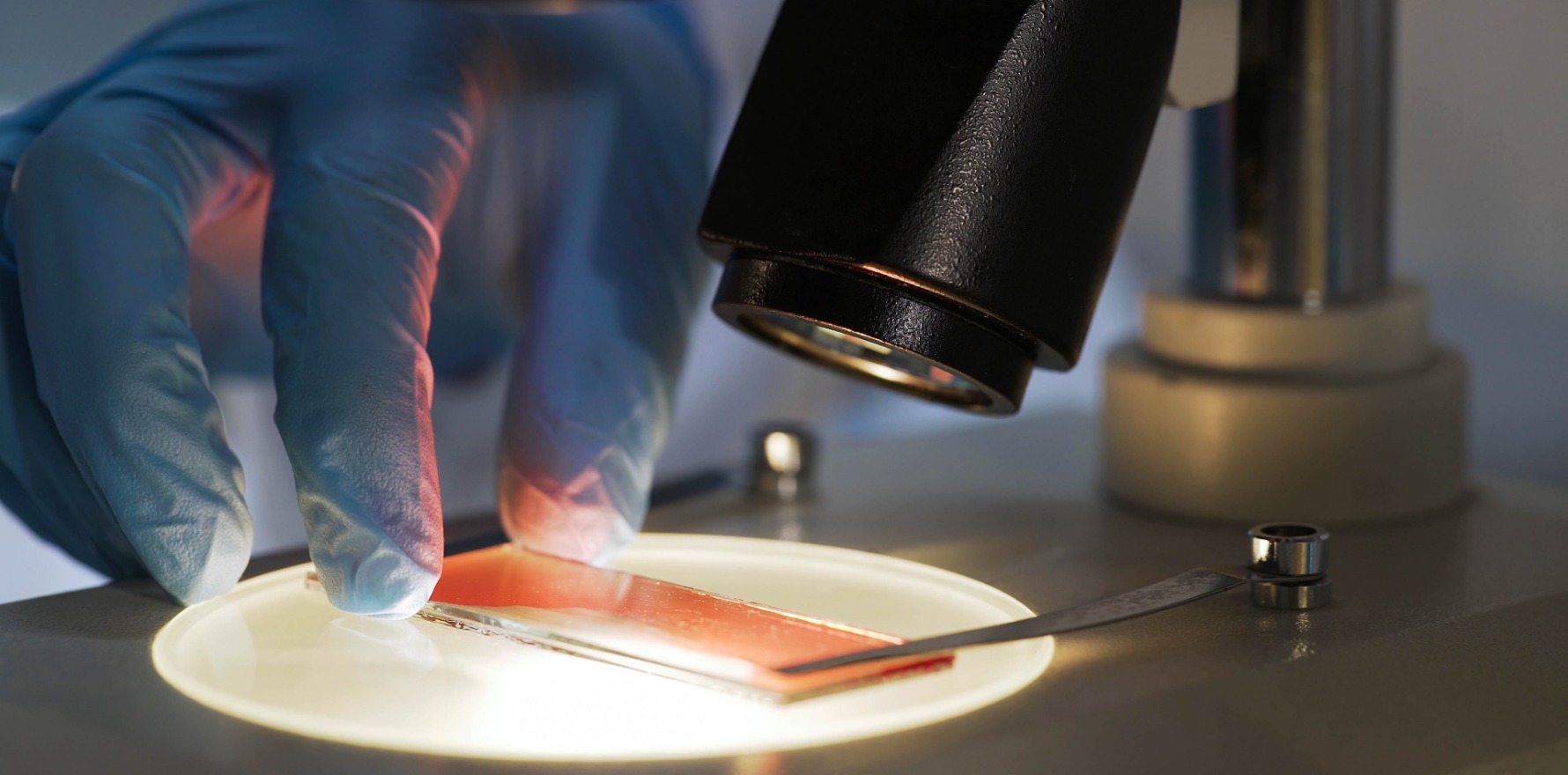About 600 test results are yet to be processed due to staffing shortages and insufficient funding, the rare cancers hearing is told.
Critical staffing shortfalls in anatomical pathology services at Royal Hobart Hospital have led to a backlog of hundreds of cases, with many patients waiting 4-5 weeks to receive their results and confirm a follow-up consultation.
Dr Melanie Wuttke, head of medical oncology at RHH, told members at the Senate hearing into rare and less common cancers that pathologists had started receiving phone calls from patients driven to despair by the delays.
“The thing that’s really affecting us at the moment is the pathology service,” Dr Wuttke said.
“We’ve got for four fulltime equivalent anatomical pathologists at the Royal Hobart. They’ve now got 600 cases sitting before them that they need to process, and they estimate that about half of those are cancer cases.
“The flow-on effect from that is that it’s taking three, four or five weeks to get our pathology results back. The pathology department is starting to get calls from patients begging them to get their report through.”
According to Dr Wuttke, the department’s request to appoint an additional pathologist was unsuccessful due to a lack of available funding, despite economic modelling indicating the need for 6.5 staff members working fulltime equivalent hours.
“They’ve put forward some business cases to get extra pathologists and lab staff to support. They applied for five but their modelling suggested they should have 6.5 [pathologists working fulltime equivalent hours],” she said.
“That [application has] unfortunately been unsuccessful. It gets signed off at some levels but there’s not the money to then put the role in place, so that’s a major barrier for us.”
Dr Wuttke also highlighted the additional burden for pathologists created by rare and less common cancers, which required more tailored expertise and capacity to identify and diagnose compared to more common cancers.
“If it takes quite a bit of time to get through the chain, often what we find with rare cancers is that it will take more time in pathology, and we will need to seek interstate opinions for really rare things to get advice,” she said.
“The timeframe from a symptom to a diagnosis and actually starting treatment can be quite long.”
Dr Wuttke’s comments were later reiterated by her colleague, Dr Thomas Walwyn, paediatric oncology specialist at RHH.
“One of the things about rare cancers specifically is having enough pathology expertise but also headspace to be able to pick up that something is not a standard or easy [cancer], that demands having an appropriate [capacity],” Dr Walwyn said.
With regards to staffing recruitment and retention challenges across Royal Hobart’s oncology services, Dr Wuttke said the hospital’s radiology department had been struggling with staff retention given the private sector’s more competitive salary rates, leading to significant diagnostic delays for patients awaiting MRI appointments.
“Our radiology department struggles with retention for the staff … because you get such a better deal in the private sector, you don’t have as much on call, you have a set number of cases, the workload is lighter.
“[So] with things like MRIs, I booked a patient at the beginning of February and they’ve got one coming up in May.”
Oncology services in northwest Tasmania had also been impacted by widespread workforce shortages, Dr Wuttke said, with only one fulltime equivalent oncologist available for patients across the region.
“We have some oncology shortfalls across the state and the northwest has been particularly impacted. They don’t have a haematology service out there and [oncology services] are mainly staffed by locums,” she said.
“That [creates] a lack of continuity of care, and if you’re an unusual cancer that requires a lot of thought, it’s hard for the locums to keep running with that when you’ve got different people coming through.”


